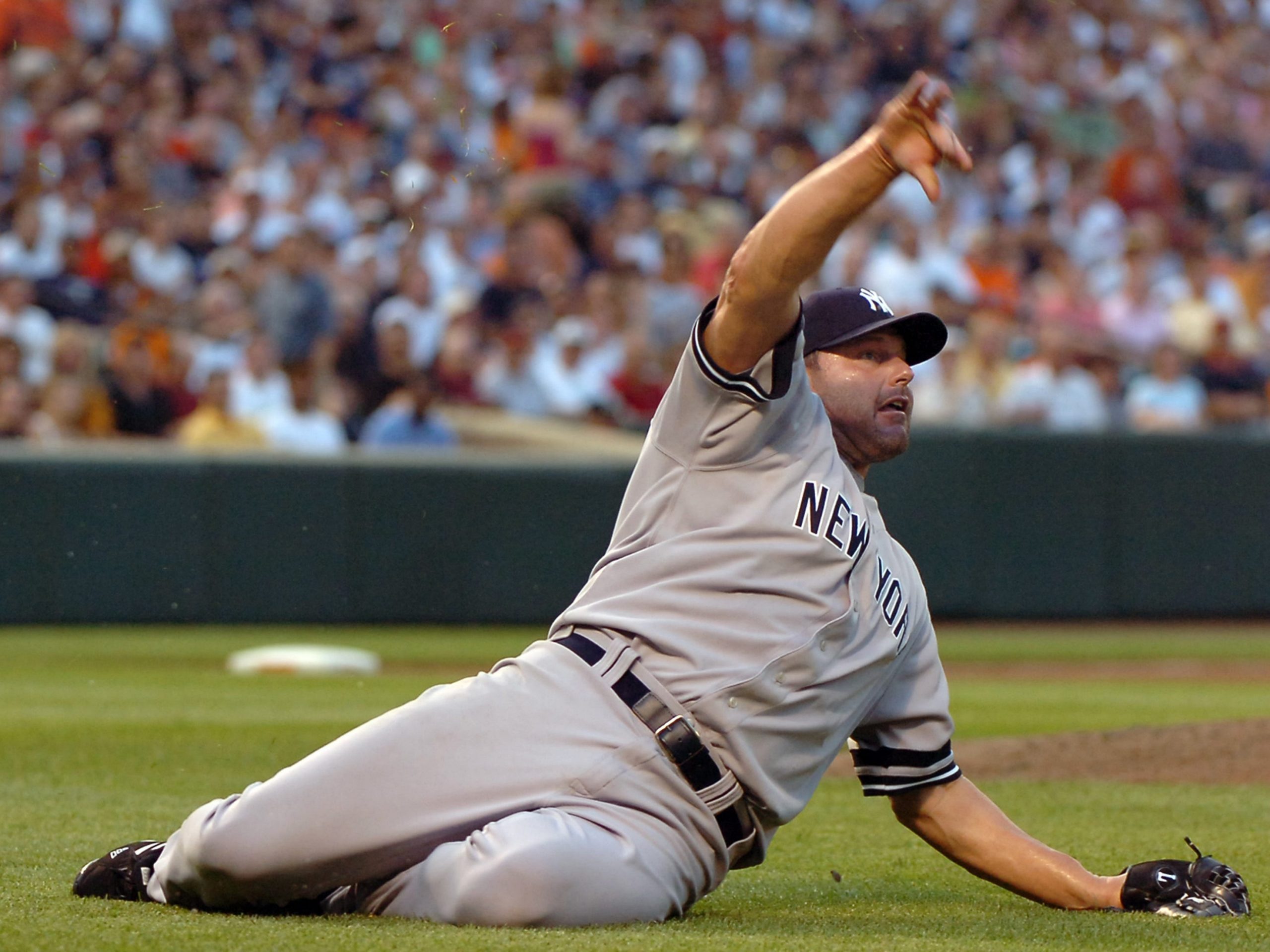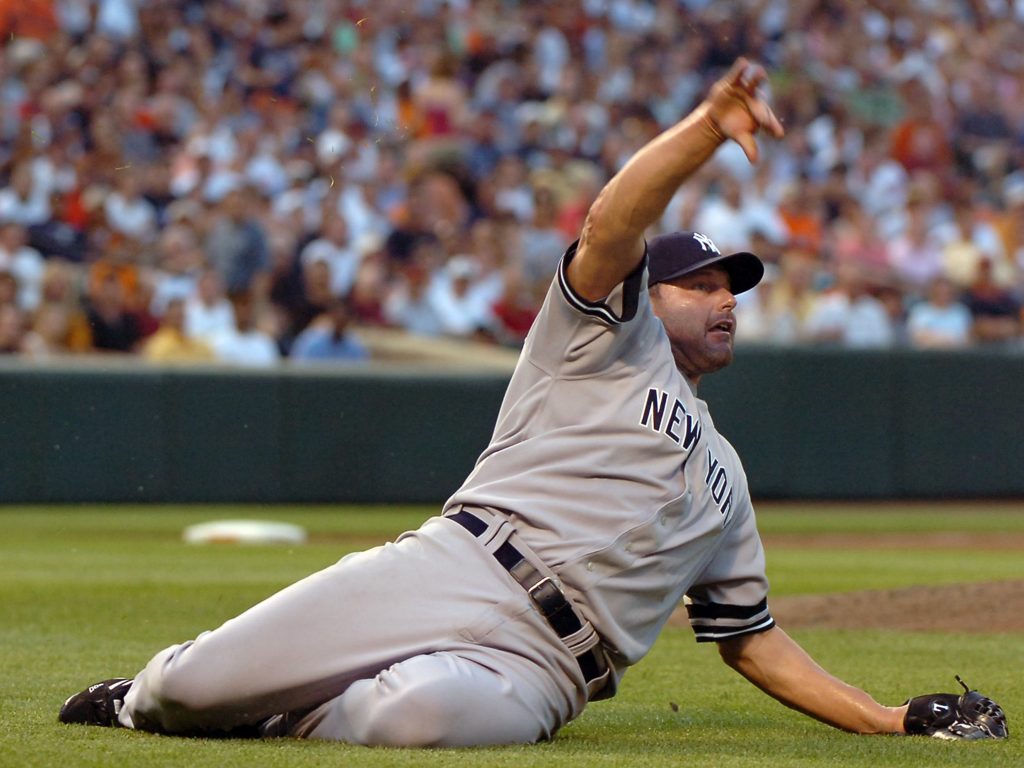
Elizabeth Malby/Baltimore Sun/Tribune News Service via Getty Images
- MLB's new policy strictly enforces bans on sticky substances like sunblock for pitchers.
- Roger Clemens thinks the policy will cause a pitcher to get cancer if they can't use sunblock.
- Clemens pitched in the major leagues for 23 years and admits he regularly used sunblock and rosin.
- Visit Insider's homepage for more stories.
Major League Baseball's new policy that strictly enforces bans on sticky foreign substances has already affected the performance of a handful of pitchers, but it could also affect their long-term health, according to one former Cy Young winner.
Roger Clemens, who pitched in the majors for 23 seasons from 1984-2007, said MLB's stance on sunscreen as a banned foreign substance would cause at least one pitcher to get cancer from prolonged unprotected sun exposure.
"If you can't use sunblock and rosin, I think down the road you're going to hear a couple things. You're going to hear some major league guy getting sun cancer on the back of his ears or something, and then you're going to have a massive lawsuit," Clemens told Insider. "Because that's all you need, a little sunblock and rosin, and you got enough tap between sweat and everything else."
Skin cancer has been an overlooked danger for baseball players for years. Hall-of-Famers Johnny Bench and Mike Schmidt each had skin cancer, and now that MLB is enforcing its ban on sunscreen use among pitchers, skin cancer dangers may only worsen.
MLB put its new policy into effect on June 15, which requires umpires to regularly inspect pitchers for banned substances, and levies harsh penalties against any players caught using the substances, including a 10-game suspension.
Pitchers have historically mixed sunscreen and rosin to create a substance that improves grip on the baseball. The improvement to grip, in turn, helps pitcher deliver pitches more accurately and with a higher spin rate on the ball.
Clemens, an 11-time All-Star who won seven Cy Young awards and two World Series championships with the New York Yankees, admits that he used sunscreen and rosin throughout his career. In particular, sunscreen was crucial for him in improving his control of the ball and protecting his skin during the summer months.
"When it got hot, I definitely put sunscreen on and rosin," Clemens said. "It's a disservice to some guys. You need three things in pitching. You need to locate, you need movement, and last is velocity. But now it's flipped around, and it seems like velocity is the only thing people look at it if you line up that radar gun."
This season could prove to be a poor choice to deprive pitchers of sunscreen. A summer heatwave across the United States broke records in multiple states, with temperatures above 100 degrees Fahrenheit for days on end in some places in June, according to Climate.gov.
The record-breaking heat has come with dangerous levels of Ultraviolet (UV) radiation, which causes sunburn and potentially leads to skin cancer if exposure is frequent enough.
The American Cancer Society (ACS) estimates that more than 106,000 new cases of melanoma - the most dangerous form of skin cancer - will occur in 2021 due to overexposure to UV radiation as heat levels rise. This is roughly 6,000 more estimated cases than in 2020.
The ACS also says that sunscreen should be reapplied every two hours to maintain ample protection.
A starting pitcher in baseball could spend up to three hours in the sun between warmups and time on the mound, depending on how long their outing is.
"Sunscreen was something you put on since you were a kid," Clemens said. "You're out there for four hours, you're putting sunscreen on, and your ears get roasted, and your neck gets roasted, so you didn't even think about it."
